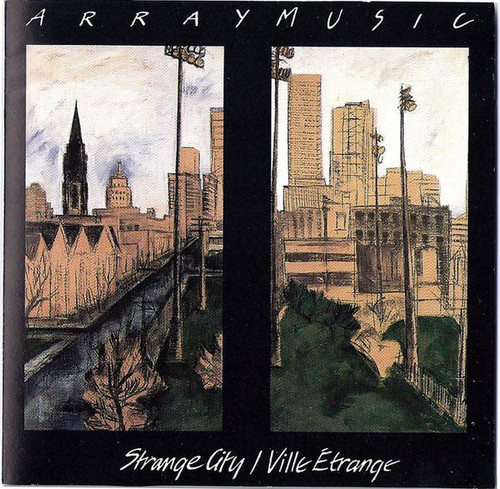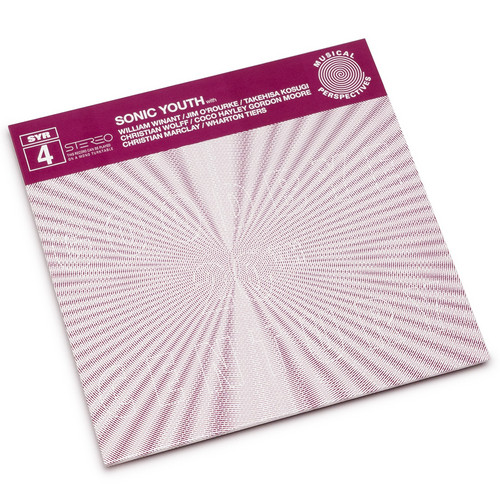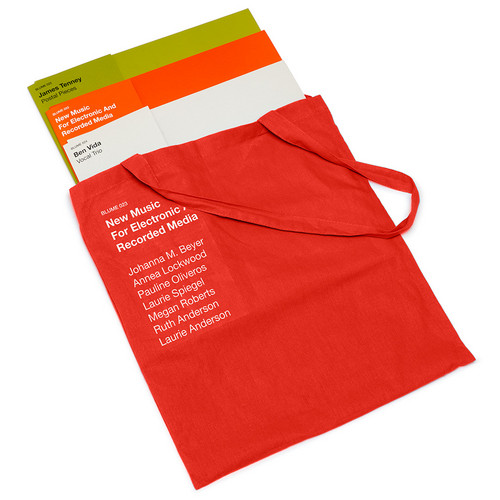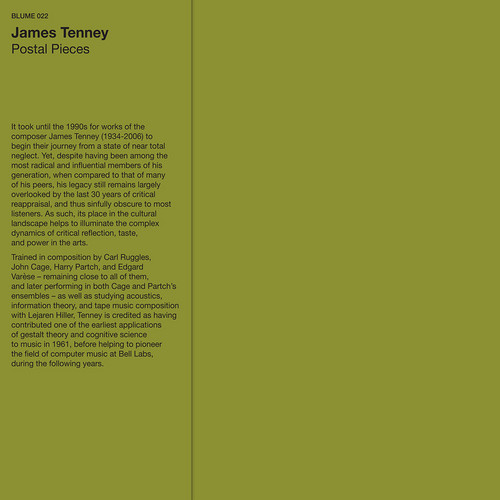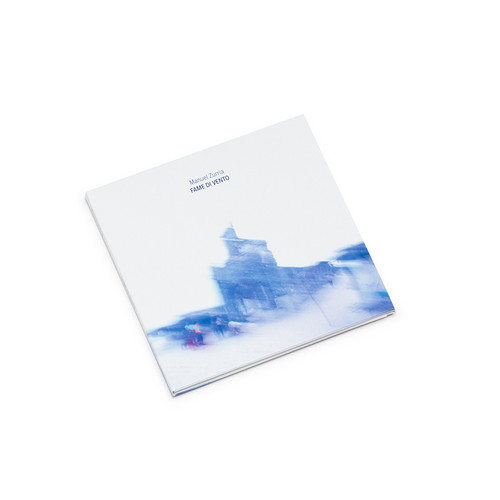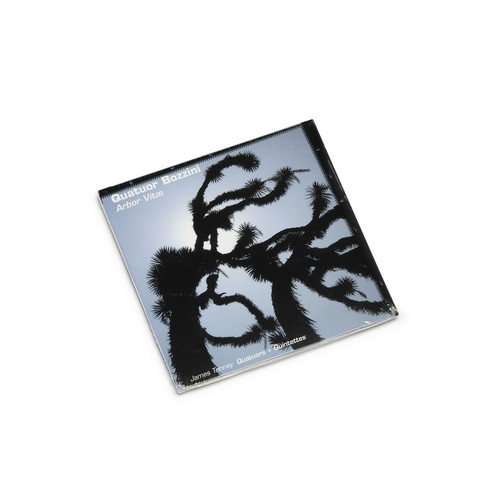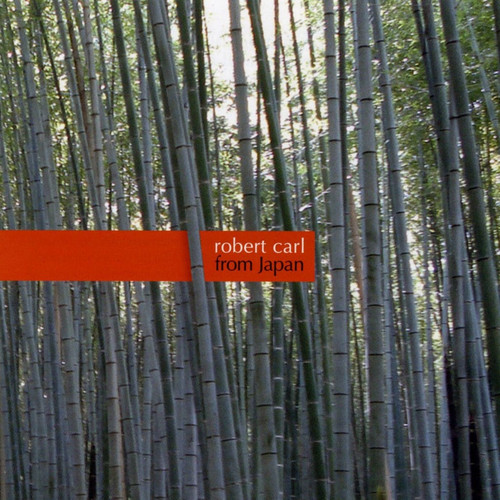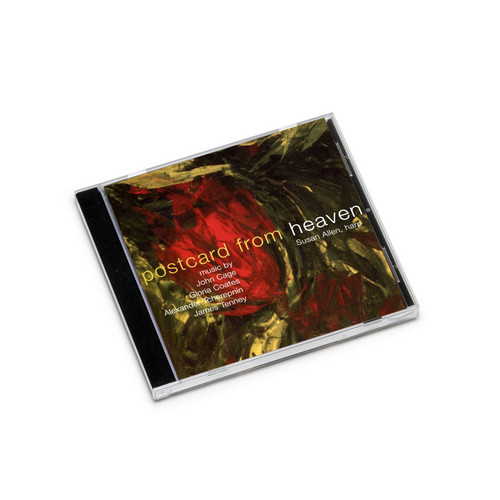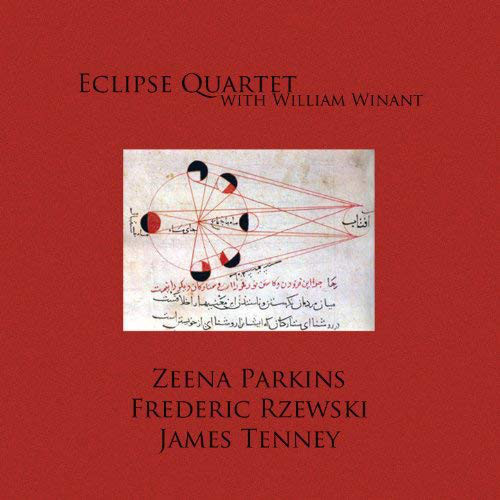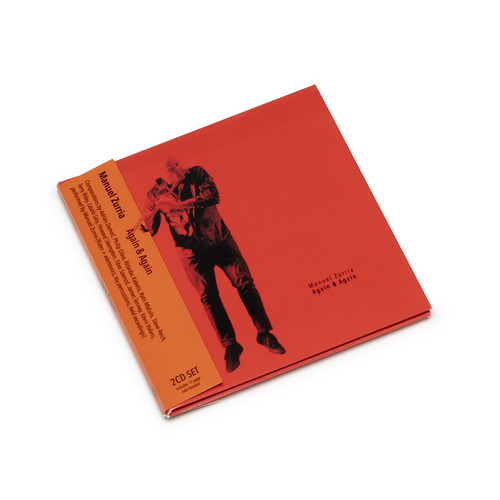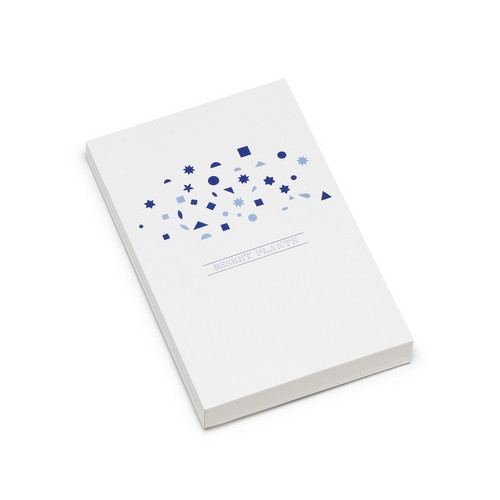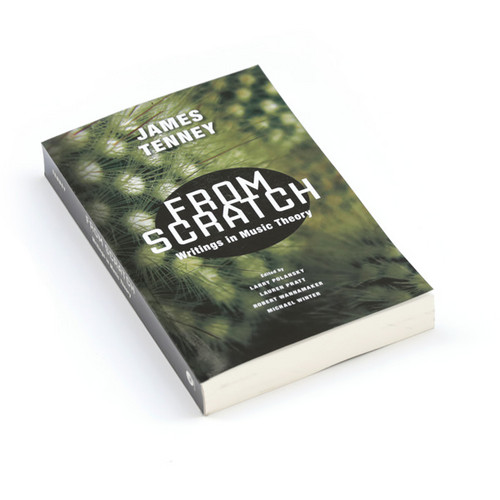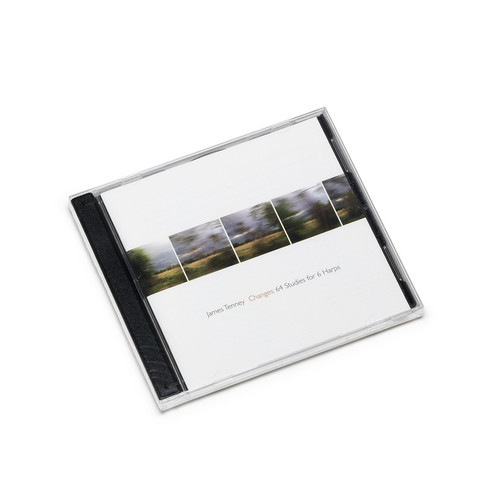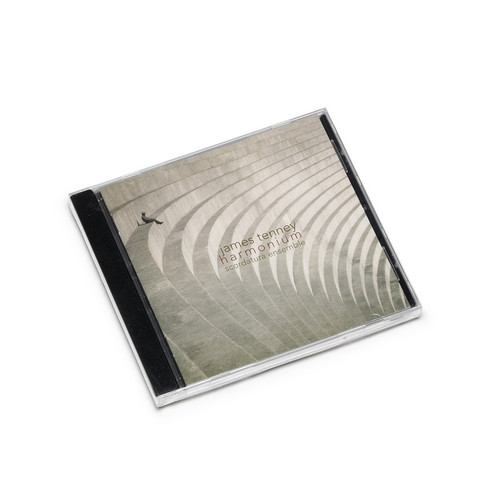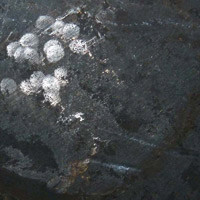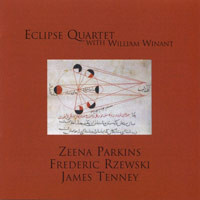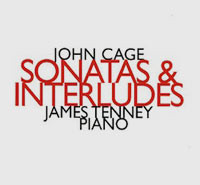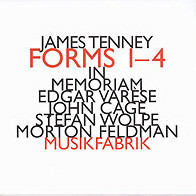James Tenney
James Tenney (1934–2006) was born in Silver City, New Mexico, and grew up in Arizona and Colorado, where he received his early training as a pianist and composer. He was a pioneer in the field of electronic and computer music, working with Max Mathews and others at the Bell Telephone Laboratories in the early 1960s to develop programs for computer sound-generation and composition.
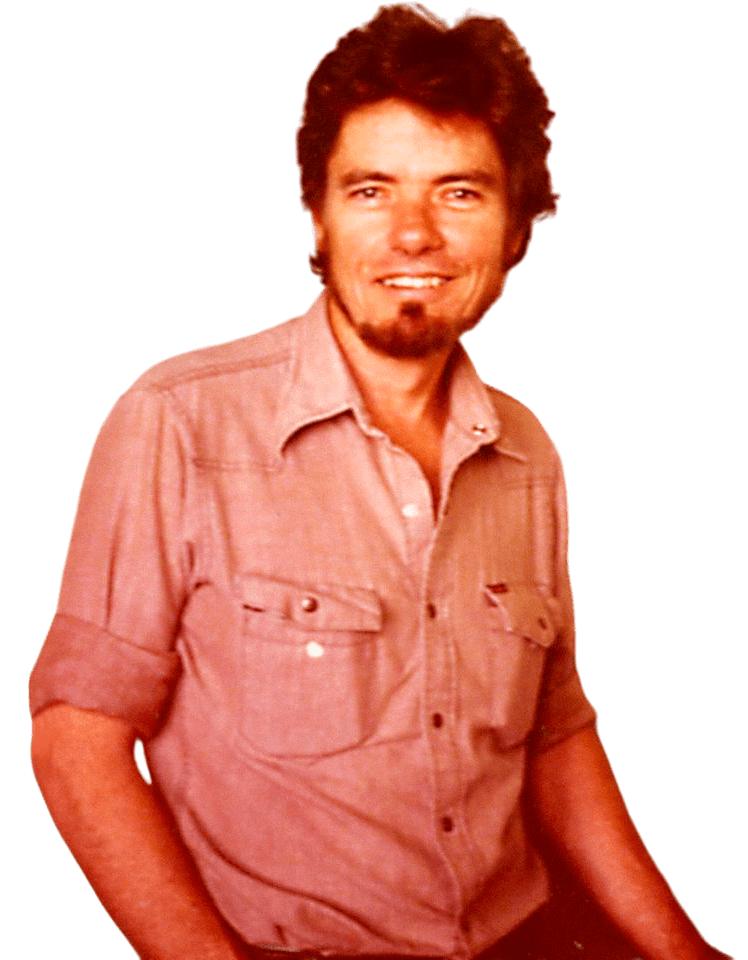
James Tenney (1934–2006) was born in Silver City, New Mexico, and grew up in Arizona and Colorado, where he received his early training as a pianist and composer. He was a pioneer in the field of electronic and computer music, working with Max Mathews and others at the Bell Telephone Laboratories in the early 1960s to develop programs for computer sound-generation and composition.
